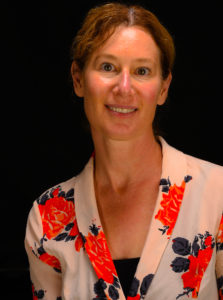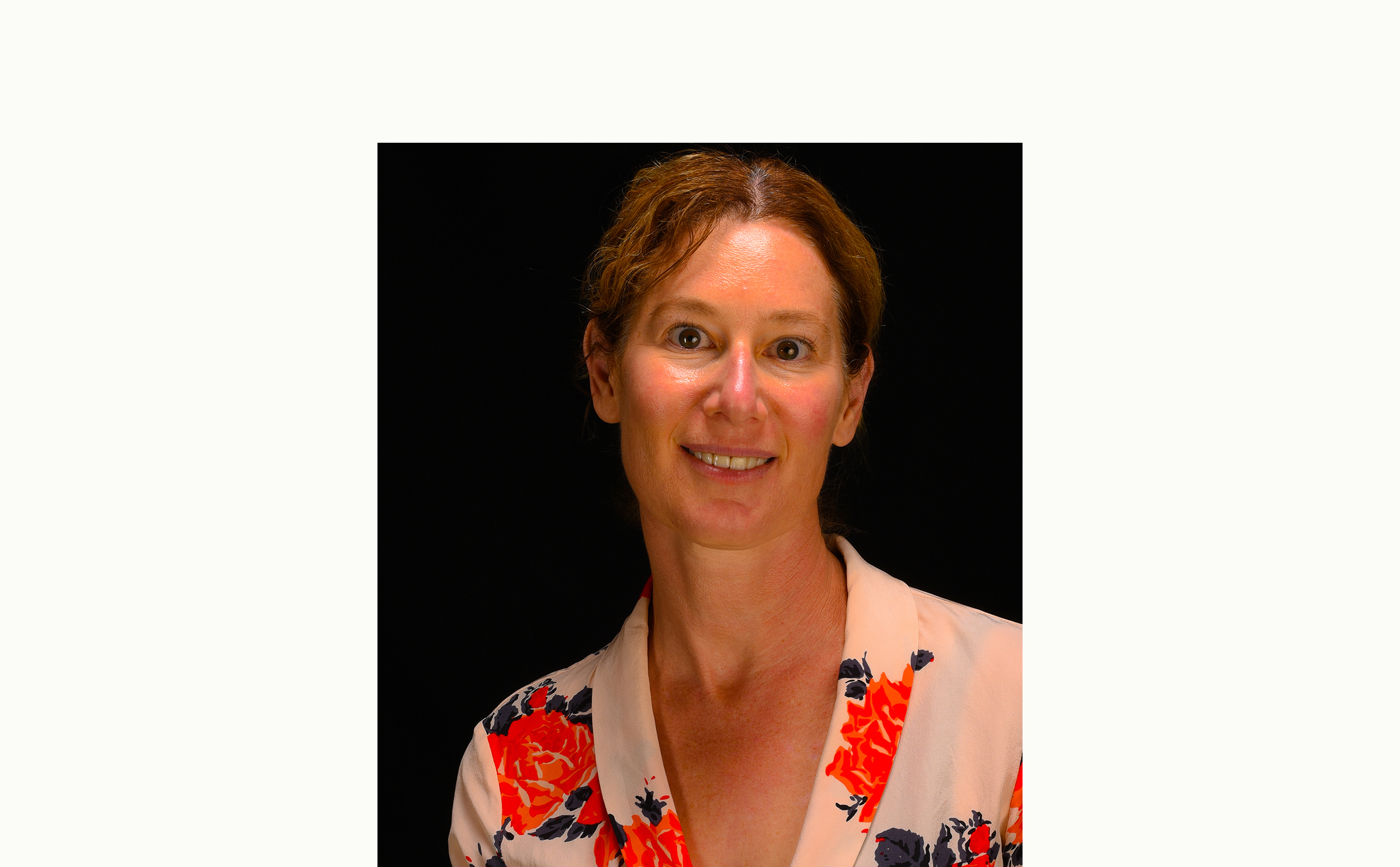June 24, 2020

Miriam Langer
Las Vegas, N.M. – New Mexico Highlands University media arts and technology faculty and graduates will help preserve Indigenous and Hispanic cultural memories in Northern New Mexico, thanks to a National Endowment for the Humanities grant from the U.S. Coronavirus Aid, Relief and Economic Security (CARES) Act.
Miriam Langer, chair of the Media Arts and Technology Department, co-wrote the $178,353 grant and is the principal researcher and technical lead for the initiative, which is called the Manitos Community Memory Project. It is a partnership among various community entities and individuals.
“This new grant allows us to continue the project of creating cultural archives in New Mexico’s smaller northern communities by collecting stories, digitizing media like letters and land deeds, photographing objects, and mapping migrations in and out of Northern New Mexico for our migrations database,” Langer said.
Langer said the National Endowment for the Humanities CARES Act grant builds upon a Mellon Foundation grant Media Arts and Technology completed in 2019 also called the Manitos Community Memory Project.
“Indo-Hispanic natives, who often self-identify as Manitos and Manitas, are heirs to unique and richly woven histories, traditions and a depth of wisdom,” Langer said.
The NEH CARES Act grant begins in July 2020 and extends through December 2020. According to the NEH, the grants are designed to provide emergency relief to institutions and organizations working in the humanities that have been affected by the coronavirus.
“We will get to work immediately. The most important elements of the new grant are the building of archives as well as building the connections between communities in the form of a shared, accessible database. One major component of this phase will be to make the database we created during the first part of this project easier to access and engage with,” Langer said.
Langer said Dr. Estevan Rael-Gálvez, an independent scholar and a former state historian of New Mexico, will provide the scholarly leadership and is the project director for the NEH CARES grant.
“These present-day realities Manitos continue to live with are bound to something deep and profound, a trauma that has evolved from historical experiences of the past,” Rael-Gálvez said. “The current pandemic and ongoing tensions between myth and history that have emerged because of the renewed movements for civil rights has made the work to develop community-based archives all the more urgent.”
“Dr. Rael-Gálvez’ leadership is vital to the success of this NEH grant,” Langer said.
Other partners for the grant include Mimi Roberts, cofounder of the Highlands Media Arts partnership with the New Mexico Department of Cultural Affairs. In addition, Shane Flores a media arts graduate and multimedia freelancer, will lead recent media arts graduates and project interns Natasha Vasquez and Lily Padilla.
“With the Mellon grant, we created a replicable model for establishing community archives in rural libraries on digital platforms codeveloped and usable by community members and academics alike. Our grant ended in November 2019, leaving our team without funding and our community partners – rural libraries, museums and nonprofit organizations, and community historians – with little capacity to carry on without us,” Langer said.
The National Endowment for the Humanities CARES Act grant builds upon the cultural digital archives Highlands media arts and its partners created for Northern New Mexico libraries in Amalia, Costilla, Cerro, Questa, Peñasco, Chamisal, Las Trampas, Truchas and Dixon. These first digital archives were created as part of the 2019 Mellon Foundation grant.
Langer said the COVID-19 pandemic disrupted plans for renewed funding for the Manitos Community Memory Project.
“The National Endowment for the Humanities CARES grant will help with emotional and spiritual healing in communities. Our community partners are humanities workers too, whose livelihoods, way of life and cultural heritage are under immense stress during the pandemic,” Langer said.

